Trust Account Audit: Ensuring Financial Integrity and Compliance
As the end of the financial year approaches, businesses and organisations are gearing up for their annual audit.
The financial year end audit is a critical process that ensures the accuracy, transparency, and compliance of your financial statements. To help you navigate this important milestone successfully, we've compiled a list of top tips to prepare for your upcoming audit. By following these guidelines, you can streamline the audit process, save time, and ensure a smooth and efficient audit experience.
Maintain Accurate and Up-to-Date Financial Records
One of the key pillars of a successful financial year end audit is having accurate and up-to-date financial records. Ensure that your bookkeeping is meticulous throughout the year, recording transactions accurately and promptly. This includes reconciling bank statements, tracking expenses, and properly categorising revenue. By maintaining organised and error-free financial records, you set a solid foundation for a seamless audit process.
Review Internal Controls
Strong internal controls are crucial in maintaining the integrity of your financial data. Take the time to review your internal control systems, such as segregation of duties, authorisation processes, and access controls. Evaluate their effectiveness and identify any areas that may require improvement. Strengthening your internal controls not only enhances your financial management practices but also boosts confidence during the audit.
Prepare Supporting Documentation
Gather all the necessary supporting documentation well in advance of the audit. This includes invoices, receipts, bank statements, payroll records, and any other relevant financial documents. Ensure that these documents are well-organized, easily accessible, and properly labelled. By proactively compiling supporting documentation, you save time during the audit and demonstrate your commitment to transparency.
Reconcile Accounts and Resolve Discrepancies
Perform a thorough reconciliation of your accounts, including bank accounts, accounts receivable, accounts payable, and inventory. Identify and resolve any discrepancies or outstanding issues beforehand. Timely reconciliation not only ensures the accuracy of your financial statements but also facilitates a more efficient and focused audit process.
Stay Updated on Regulatory Changes
Stay informed about any regulatory changes or updates that may impact your industry or financial reporting requirements. Familiarize yourself with the latest accounting standards, tax laws, and compliance regulations. Being proactive in understanding these changes allows you to adapt your financial practices accordingly and ensures compliance during the audit.
Communicate with Your Audit Firm
Maintain open and proactive communication with your audit firm throughout the process. Inform them of any significant changes in your business, such as mergers, acquisitions, or changes in accounting policies. Address any questions or concerns you may have regarding the audit. Effective communication builds a collaborative partnership, enabling a more efficient and value-added audit experience.
As the financial year comes to a close, preparing for your year-end audit is paramount to maintaining financial transparency and regulatory compliance. By following these top tips, you can streamline the audit process and ensure that your financial statements accurately reflect the financial health of your organisation. Remember, thorough preparation, organised documentation, and strong internal controls lay the groundwork for a successful and stress-free audit experience.
Embrace the opportunity to gain valuable insights from your auditors and use the audit findings to drive continuous improvement within your organisation.
Stay ahead of the game, and let your year-end audit be a catalyst for growth and success in the year ahead.



